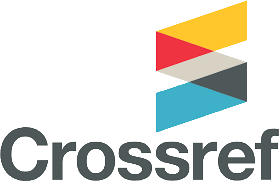Molecular Docking Of Hypoxia Inducible Factors With Herbal Nutraceuticals
Abstract
HIF-1α (hypoxia inducible factor 1 alpha) is a protein that controls cell growth and differentiation and has been linked to cancer in humans. In cancer cells, HIF-1 triggers the carcinogenesis cascade function. The HIF-1 receptor is thought to be the initiator of signaling and its `over expression has been linked to a variety of human cancers, including breast cancer, lung cancer, and colon cancer. As a result, HIF-1 becomes a possible therapeutic target in the development of HIF-1 inhibitors. The aim of this study is to look into natural potential inhibitors. To accomplish this, the chemical structures of all substances were downloaded from the PubChem database. PyRx was used to conduct the docking and Pymol was used to evaluate the resulting binding modes. Berberine, a natural compound demonstrated the strongest binding modes as compared to other inhibitors, with the lowest binding energies (-8.6 kcal/mol). This study indicates that Berberine interacts favorably with the necessary amino acid residues at HIF-1's catalytic site. Present findings of the molecular docking analysis may be useful as a compound model for further in vitro and in vivo research.



